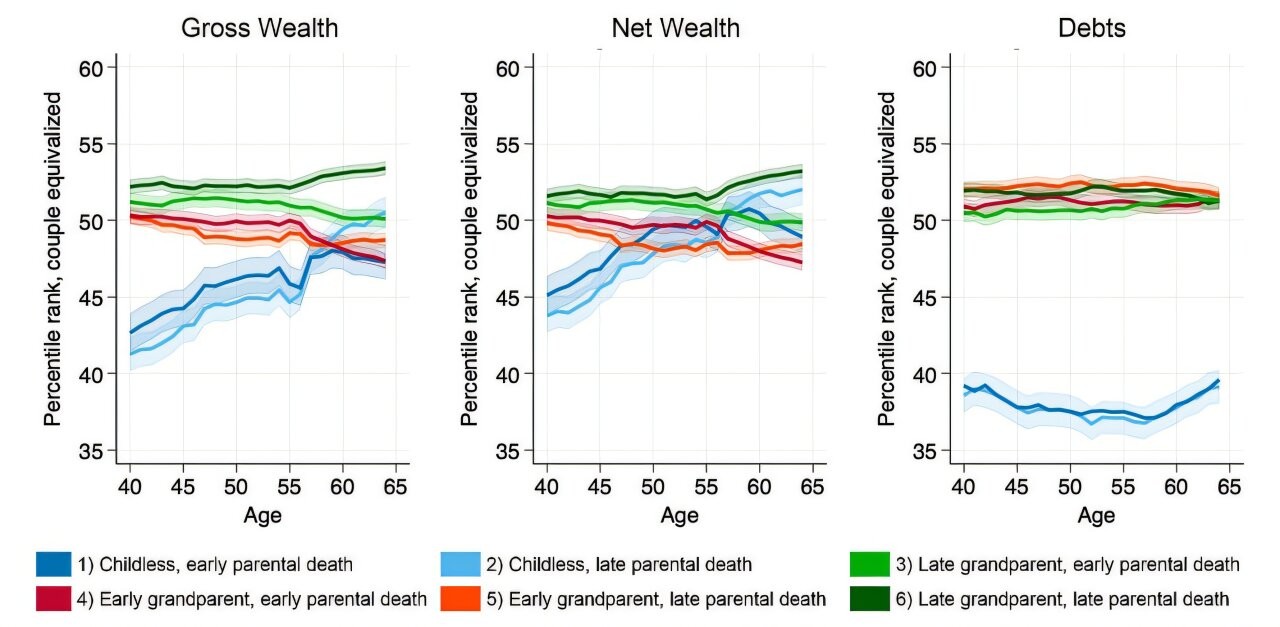
A groundbreaking study from the University of Georgia has uncovered distinct patterns in financial well-being across different generations, highlighting how age and life experience shape our relationship with money.
The research, published in the International Journal of Consumer Studies, analyzed data from the 2016 Consumer Financial Protection Bureau's National Financial Well-Being Survey, examining baby boomers, Generation X, and millennials.
"We wanted to understand how people learn and use their financial knowledge and skills differently by generation," explained Lu Fan, lead author and associate professor at UGA's College of Family and Consumer Sciences. "Each age group has unique life goals and priorities."
The findings revealed that baby boomers demonstrated the highest levels of financial well-being and knowledge, while millennials reported lower scores in both categories. This disparity appears linked to accumulated life experience rather than inherent generational traits.
"Millennials showed lower knowledge primarily due to their younger age and ongoing learning journey," noted Fan. "Boomers reported higher financial knowledge, likely due to their extensive life experiences and lessons learned from major economic events."
The study identified specific areas where each generation could improve:
- Millennials would benefit most from expanding their objective financial knowledge
- Generation X needs stronger focus on retirement planning and goal commitment
- Baby boomers could enhance their financial well-being through improved money management behaviors
These insights suggest that financial education programs should be tailored to each generation's specific needs and life stage. For instance, millennials face various mid-life financial decisions and require support in long-term planning, while boomers need guidance on managing retirement finances.
The research emphasizes that financial well-being impacts mental health and overall quality of life, making it a key consideration for financial educators and advisors working across different age groups.
The study was co-authored by Robin Henager and examined factors including personal financial knowledge, money management skills, and commitment to financial goals.